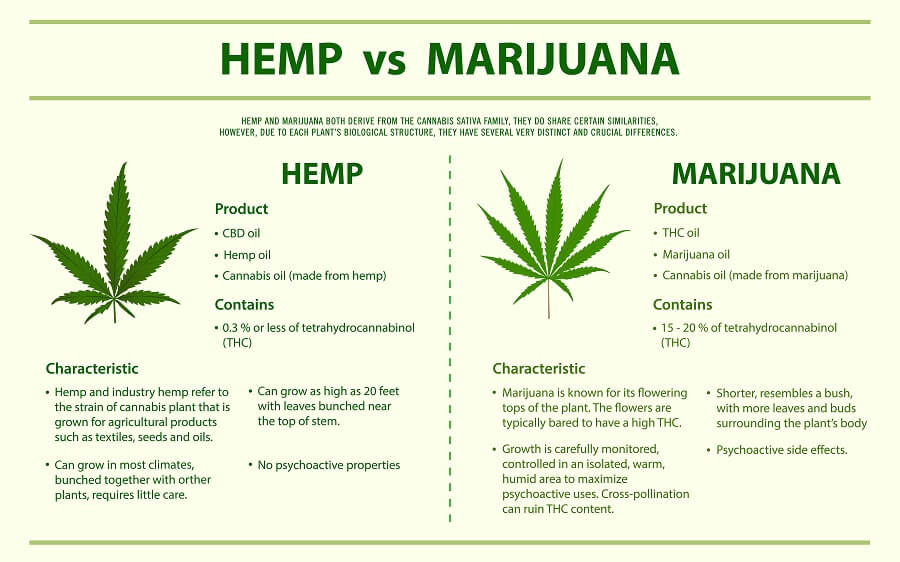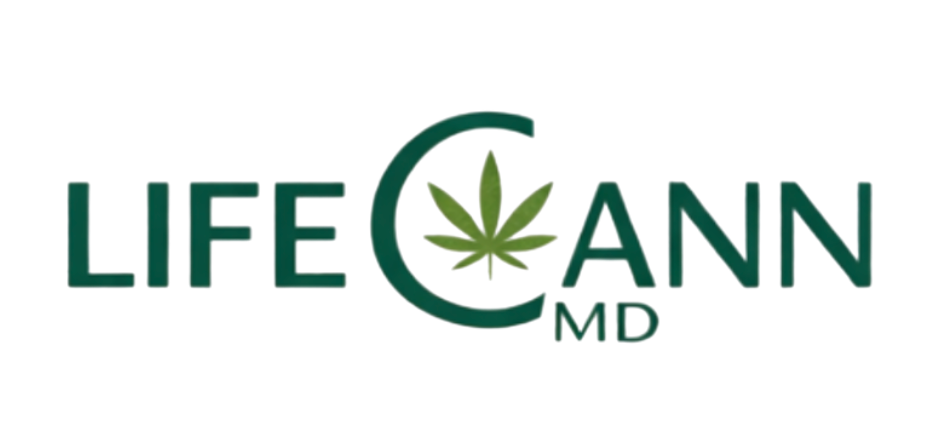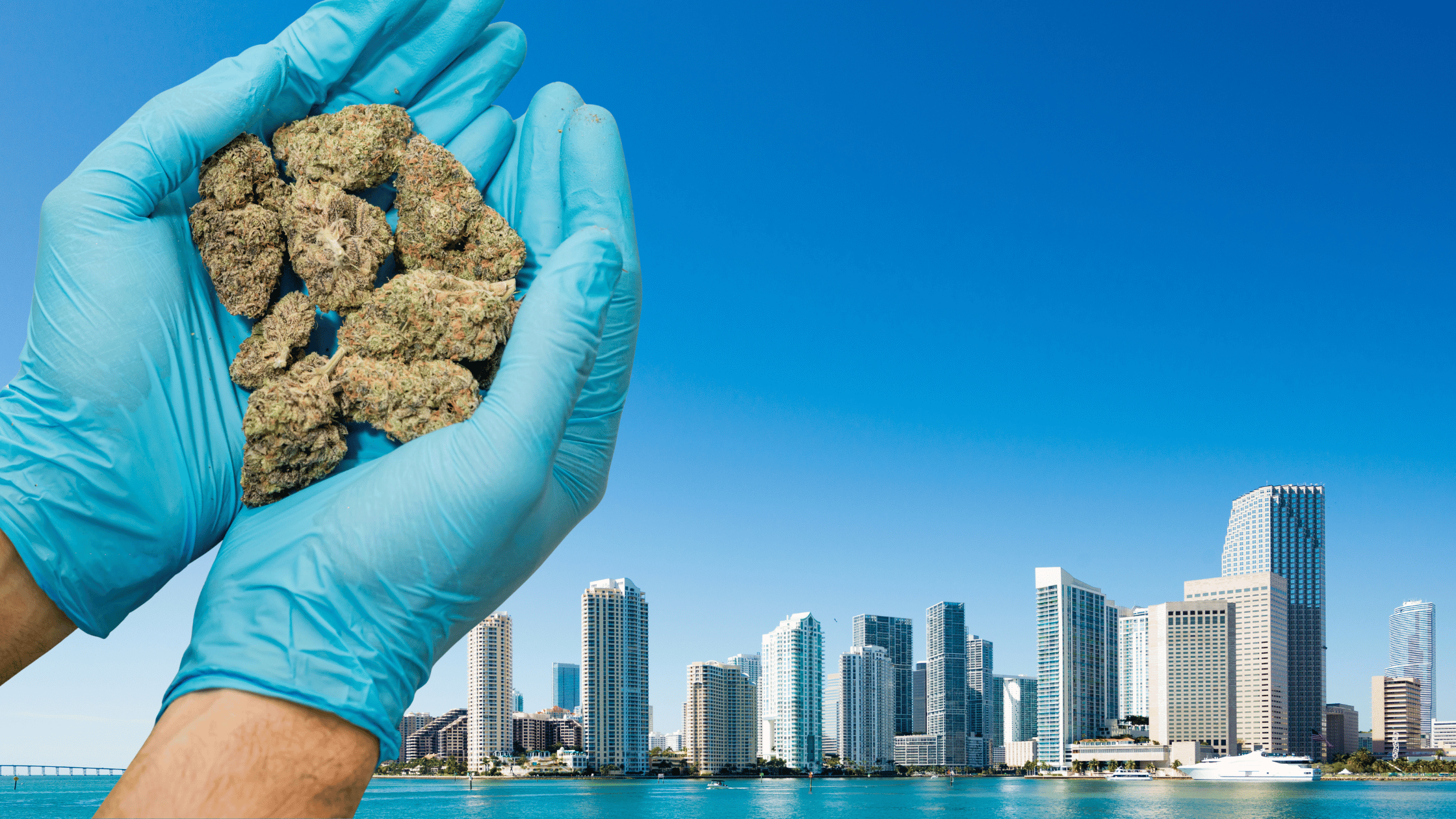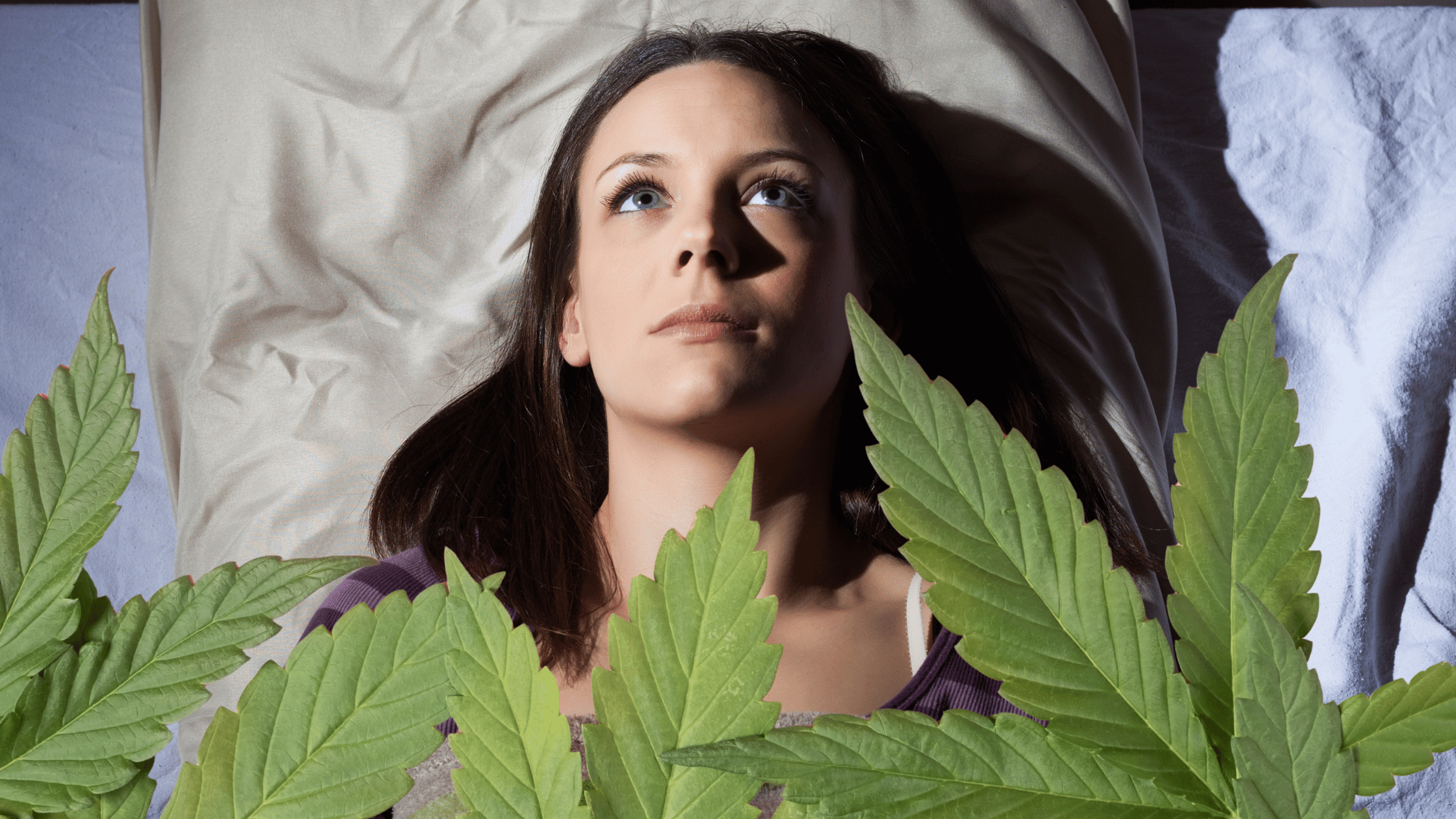
As cannabis gains widespread popularity across the United States, a growing number of newcomers are searching about important topics like THC vs. CBD, the differences between cannabis and marijuana, how hemp plants factors into the conversation, and more. Despite being a relatively new arrival to the mainstream stage, cannabis has a long and fascinating history that’s taught us plenty about the science behind this trending family of plants.
Understanding the basics of cannabis can be vital in making the right choice for your cannabis journey, so we’re diving into
Cannabis, Hemp, and Marijuana: What are the Differences?
While it’s not unusual to hear people use the terms “cannabis,” “hemp,” and “marijuana” interchangeably, it’s a mistake to assume that they all mean the same thing. Though the three are certainly related, there are also important distinctions to be made.
-
-
Cannabis
-
Cannabis is a genus of plants that includes hemp, marijuana, and many others. For this reason, “cannabis” is most often used as an umbrella term to describe both hemp and marijuana. Within the Cannabis genus are many, many different strains, each one with a unique chemical makeup.
-
-
Hemp
-
Hemp plants are part of the Cannabis family, and generally, contain high levels of a cannabinoid called CBD. You’ve probably also seen hemp seed oil as an ingredient in many everyday products, including lotions, creams, and cooking oils.
-
-
Marijuana
-
Marijuana also belongs to the Cannabis genus and is a term most commonly used to describe the cannabis sativa species. Typically, marijuana is high in a cannabinoid called THC, though you can also find other cannabinoids in varying amounts. In many states, including Florida, you’ll need to have a Florida MMJ card (medical marijuana) to purchase and consume marijuana and marijuana products.
Breaking Down the Different Types of Cannabinoids
Once you have a clearer understanding of marijuana vs. cannabis vs. hemp, you can start diving into why those differences matter: cannabinoid content. Cannabinoids sometimes referred to as phytocannabinoids, are naturally-occurring compounds found exclusively in plants from the Cannabis genus.
Different species within the Cannabis genus contain varying balances of cannabinoids, including the two most well-known: CBD (cannabidiol) and THC (tetrahydrocannabinol). Each of these cannabinoids possesses its own unique properties, which directly affects the consumer experience. This is a key difference between CBD and THC and makes it incredibly important that any cannabis consumer understands how to distinguish CBD vs. THC.
While both THC and CBD are related to our body’s endocannabinoid system, each one has specific properties that make it unique. Depending on your specific goals and desired experience, you may find that one or both of these cannabinoids is better suited for you.
CBD (Cannabidiol)
CBD, short for cannabidiol, seems to be popping up everywhere you turn: from your local smoothie shop to the aisles of your favorite grocery store, you may have seen CBD for sale. But what is CBD, and why is everyone talking about it?
CBD is one of the two most prevalent cannabinoids found in the cannabis plant’s resinous flowers and has a unique chemical profile that has caught the interest of plenty of people. Currently, major organizations like the World Health Organization are conducting research into this minuscule molecule, learning about how, why, and when it may be useful for consumers. One of the most notable features of CBD is that unlike another closely related cannabinoid, THC, it doesn’t cause the “high” often associated with cannabis. This means that for consumers who prefer to avoid intoxicating effects, CBD may be an excellent option.
As a result of CBD’s lack of “high,” it’s also regulated differently by most states’ laws. While individual laws vary by state, CBD tends to be more freely available than other cannabis products containing significant levels of THC. Many of the widely-accessible CBD for sale you see today contains 0.3% or less THC, in accordance with current regulations.
CBD tends to be present in much higher concentrations in hemp, a low-THC variety within the Cannabis plant family. However, you are also likely to find CBD in varying amounts in many other varieties of cannabis, including marijuana rich in THC.
THC (Tetrahydrocannabinol)
THC, or tetrahydrocannabinol, is the second cannabinoid prevalent in Cannabis plants, specifically found in higher concentrations in marijuana. In marijuana plants, THC is notably dominant in the plant’s overall chemical makeup, which has a direct effect on the consumer experience.
Because THC is responsible for the intoxicated “high” associated with marijuana, the THC concentration of a specific strain is often an important factor for consumers to consider. The THC content in marijuana plants can range from 3 percent to more than 30 percent (depending on the strain).
If you are searching for a Cannabis strain that contains significant levels of THC, you should be prepared to shop in accordance with Florida marijuana laws (or the laws of the state in which you live).
Why the Difference Between THC and CBD Matters
When you’re searching for cannabis for sale, you’ll likely be faced with a wide variety of strains and products to consider. Many will be labeled with the cannabinoid content, breaking down the percentages of CBD, THC, and possibly even other cannabinoids.
Now that you understand how THC and CBD each play their own role in the overall cannabis experience, you’ll be able to shop more confidently. Think about your personal goals and desired experience, compare that to the THC and CBD ratios of the products you’re considering, then choose accordingly.
Learn More About Cannabis from LifeCannMD
Cannabis has become an increasingly popular option for patients searching for an all-natural, plant-based addition to their routine, especially as a growing number of states legalize medical and recreational marijuana. Whether you’re considering CBD, THC, or a combination of both, having a professional guide you through the process can be the best way to make an informed decision.
At LifeCannMD, we provide support to patients who want to know how to get a Florida MMJ card, assessing each patient’s needs and providing our professional recommendations, customized treatment plans, and so much more. We believe that with the right resources and education, nearly all adult patients can find a way to incorporate medical marijuana into their lifestyle successfully. Whether you’re an experienced cannabis consumer or are just beginning to learn about its plant-based possibilities, LifeCannMD is here to help.
For more information about getting an MMJ card in Florida, or to learn more about whether cannabis may be right for you, contact LifeCannMD today.


